 |
| Former US intelligence officer Archimedes Patti visits Ho Chi Minh Mausoleum, September 1, 1982. (Photo: NVCC) |
It is known that you once accompanied Mr. Archimedes Patti, former Major of the Office of Strategic Services (OSS) - the predecessor of the Central Intelligence Agency (CIA) in charge of Indochina, a special American friend of Uncle Ho, to visit Uncle Ho's Mausoleum and historical sites in Hanoi in 1982. Can you share the story of your special American friend returning to visit Uncle Ho?
From August 30 to September 10, 1982, Mr. Achimedes Patti returned to Vietnam after 37 years since he was invited by President Ho Chi Minh to visit Vietnam and attend the Independence Day of September 2, 1945, which gave birth to the Democratic Republic of Vietnam. I and several colleagues from relevant agencies were assigned to accompany him during this second visit.
To talk about Mr. Achimedes Patti, we need to look back at the historical context when World War II spread to Asia- Pacific and became a global war. Mr. Patti was a former intelligence major of the US Office of Strategic Services (OSS). The OSS was established on June 13, 1942 under the US Joint Chiefs of Staff, with the main task of collecting and analyzing intelligence information abroad.
Mr. Patti was in charge of monitoring the situation in Indochina during the period 1943-1944. According to him, in 1940, he found reports from American diplomatic officials that mentioned for the first time the name “Ho Chi Minh”, who was believed to be part of a young nationalist political group against the French.
In August and September 1944, Mr. Patti met Uncle Ho in Kunming, China and began to understand more about Vietnam's revolutionary career and ideals. At the end of August 1945, Mr. Patti went to Hanoi to meet Uncle Ho and heard him read the Declaration of Independence, giving birth to the Democratic Republic of Vietnam at Ba Dinh Square, September 2, 1945.
After the Paris Peace Accords were signed on January 27, 1973, Mr. Patti began to search through his personal files and had access to declassified classified files, which helped answer several key questions: What really happened in Southeast Asia in 1945 and why the United States became involved in the war in Vietnam. In 1980, he published the book: "Why Vietnam: Prelude to America's Albatross".
When he returned to Vietnam in 1982, Mr. Patti requested arrangements for him to visit the Ho Chi Minh Mausoleum, greet the high-ranking leaders he had met in 1945 such as President Truong Chinh, Prime Minister Pham Van Dong and General Vo Nguyen Giap; researchers on Vietnamese history, President Ho Chi Minh; as well as revisit the places he had visited in August-September 1945 and present some places with the book "Why Vietnam: The Prelude to America's Seagull".
In 1982, allowing an American to visit Ho Chi Minh Mausoleum was not simple. It required careful consideration and, most importantly, understanding the reason why they wanted to visit. At that time, Mr. Patti said something that I will always remember: "I went to see an old friend, to see my great friend."
With that simple yet convincing argument, Mr. Patti was arranged to visit President Ho Chi Minh's Mausoleum, meet Politburo member, Vice Chairman of the Council of Ministers (Deputy Prime Minister) and Minister of Foreign Affairs Nguyen Co Thach, then attend the National Day ceremony on September 2, 1982 with the participation of many high-ranking leaders of Vietnam.
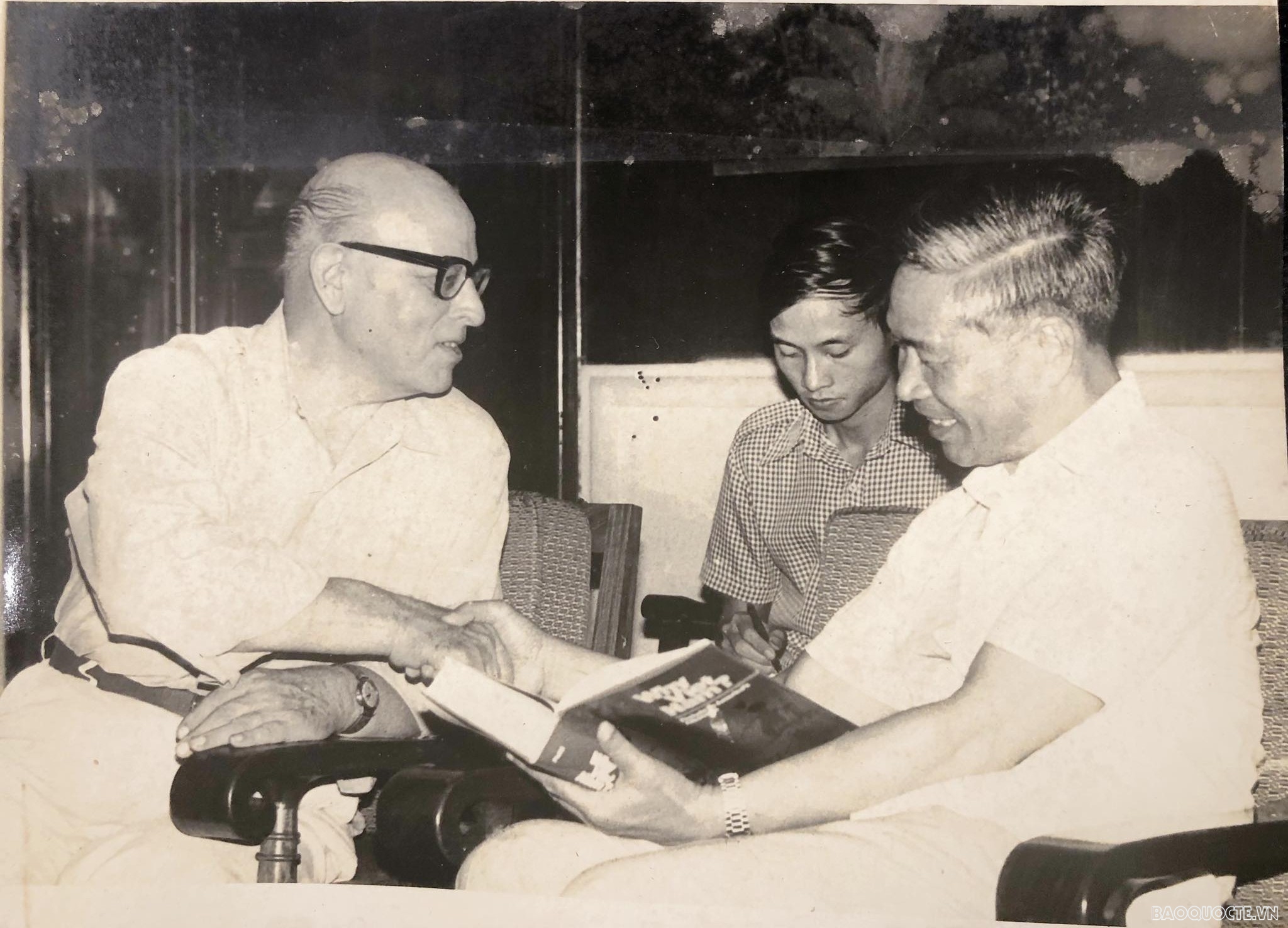 |
| Mr. Archimedes Patti presented Minister Nguyen Co Thach with the book 'Why Viet Nam? Prelude to America's Albatross', Mr. Ha Huy Thong (middle) recorded the minutes. (Photo: NVCC) |
While accompanying Mr. Patti, how did you feel about this American friend's feelings for the Vietnamese leader?
When I first started working, at first we were very surprised to be assigned to accompany Mr. Patti, but then I felt that this was a very lucky and honorable thing. During the 10 days of accompanying him, we heard Mr. Patti tell many historical facts that we had never heard before about Uncle Ho. Mr. Patti himself knew that in 1945 we were not even born yet, so we could not have known many facts about President Ho Chi Minh at that time.
Today, on the occasion of the 135th anniversary of his birth, I would like to share 4 stories heard from Mr. Patti.
In the first story , Mr. Patti told about Uncle Ho's intimate sharing about his family and life. Mr. Patti said that although he had met President Ho Chi Minh many times, he had never asked about his past or his family. Until the last day before ending his working trip in Vietnam on October 1, 1945, he was invited by Uncle Ho to have dinner at the Northern Palace (now the Government Guest House at 12 Ngo Quyen Street, Hanoi).
At exactly 7:00 p.m., he arrived at the gate and was welcomed by General Vo Nguyen Giap. Also present were Mr. Nguyen Duc Hien, Mr. Nguyen Manh Ha, and Mr. Tran Huy Lieu. Since there were several people at the banquet who knew French, President Ho Chi Minh spoke in both English and French.
After the meal, General Vo Nguyen Giap thanked Mr. Patti for understanding Vietnam's cause and for his great help to Uncle Ho since his time in Kunming. He wished him a safe journey and hoped that Vietnam would soon have a friend in Washington.
After drinking coffee for dessert, it was late at night. Uncle Ho asked Mr. Patti to stay and thanked him for keeping his private matters confidential and never forcing him to ask about the past. Mr. Patti confessed that at first he thought Uncle Ho was from the North, but then Uncle Ho told him in great detail about his birthplace, family circumstances in Nghe An, and the process of growing up and searching for a way to save the country.
The second story, President Ho Chi Minh's ideology of "Independence - Freedom - Happiness" was carefully prepared by President Ho Chi Minh. At the first cabinet meeting on August 27, 1945 at the Northern Palace, he planned to choose September 2, 1945 as Independence Day.
Mr. Patti said he was very surprised and impressed by Uncle Ho's careful preparation for Independence Day and wished him success. Humbly accepting the wishes, Uncle Ho said that there were still many urgent tasks to be done, including one that he wanted to consult Mr. Patti about the draft Declaration of Independence, which included a quote from the US Declaration of Independence dated July 4, 1776, which was mainly drafted by Thomas Jefferson (later the third President of the US, from 1801-1809).
Looking at the draft with many corrections, Mr. Patti knew that President Ho Chi Minh was the one who directly wrote and carefully considered every word in this Declaration of Independence.
When Uncle Ho read the sentence: “All men are created equal. They are endowed by their Creator with certain unalienable rights; among these are life, liberty, and the pursuit of happiness”…, Mr. Patti was very surprised and asked Uncle Ho if he really intended to quote this sentence from the Declaration of Independence of Vietnam or not? Uncle Ho smiled and asked gently: “So I shouldn’t use it? Of course, the order of the words: Without life, there is no liberty, and there is no happiness without liberty.”
At the end of the farewell dinner, Uncle Ho thanked Mr. Patti for accepting the invitation to attend Independence Day and for listening to his "lecture", then saw Mr. Patti off to the gate and told him to remember to bring back to America a message of friendship and admiration for the American people.
Uncle Ho said he wanted the American people to know that the Vietnamese people would remember their friend and ally, the United States, and would always be grateful for the material help they gave them in the early days of the struggle for independence.
As Mr. Patti started the Jeep and prepared to leave, Uncle Ho put his hand on his shoulder and said: "Have a good trip. Come back soon and you will always be welcome here."
When he turned back to see Uncle Ho waving, Mr. Patti suddenly remembered his first meeting with him at a tea shop in Kunming, China. "Uncle Ho looked fragile, but he was invincible," Mr. Patti recalled.
The third story is about the idea of trade liberalization. After visiting many places in Hanoi, before leaving, Mr. Patti told me privately that he saw that Vietnam in 1982 was still poor and emphasized that this was not what Uncle Ho wanted for his country since 1945.
Mr. Patti said that right at the farewell dinner, Uncle Ho emphasized that Vietnam needed to develop an independent economy, not to be under the domination of any country, not to be dominated by foreign countries. As the US and the UK had called on other countries, Vietnam expected global trade liberalization and asserted: "Without free trade, Vietnam will never prosper economically and its people will only do manual labor or look after small shops."
Thanks to this ideology, especially after negotiating and signing the Paris Agreement in 1973, Vietnam began to form and later elevate economic diplomacy.
The fourth story , when accompanying Mr. Patti to visit the Mausoleum and Uncle Ho's stilt house, Mr. Patti asked us to translate the words "Nothing is more precious than independence and freedom" attached to the front door of the Mausoleum. When he understood, Mr. Patti said that this was Uncle Ho's ideology formed during decades of activities, even when he was imprisoned. This is the ideology of many leaders from Asia to Europe, of humanity, but President Ho Chi Minh crystallized it into this concise truth. Then he told us: "Great men think alike".
In 1989, Mr. Patti called our Delegation to the United Nations (New York). I informed him that since 1986 Vietnam had undergone Renovation; since 1989 we had exported rice for the first time thanks in part to trade liberalization; the economy had developed more than in 1982 when he visited. Mr. Patti expressed his joy, wished Vietnam more success and asked our Delegation at that time to arrange for him to go to Hanoi to attend the Conference to Celebrate the 100th Anniversary of President Ho Chi Minh's Birthday (May 19, 1890-1990).
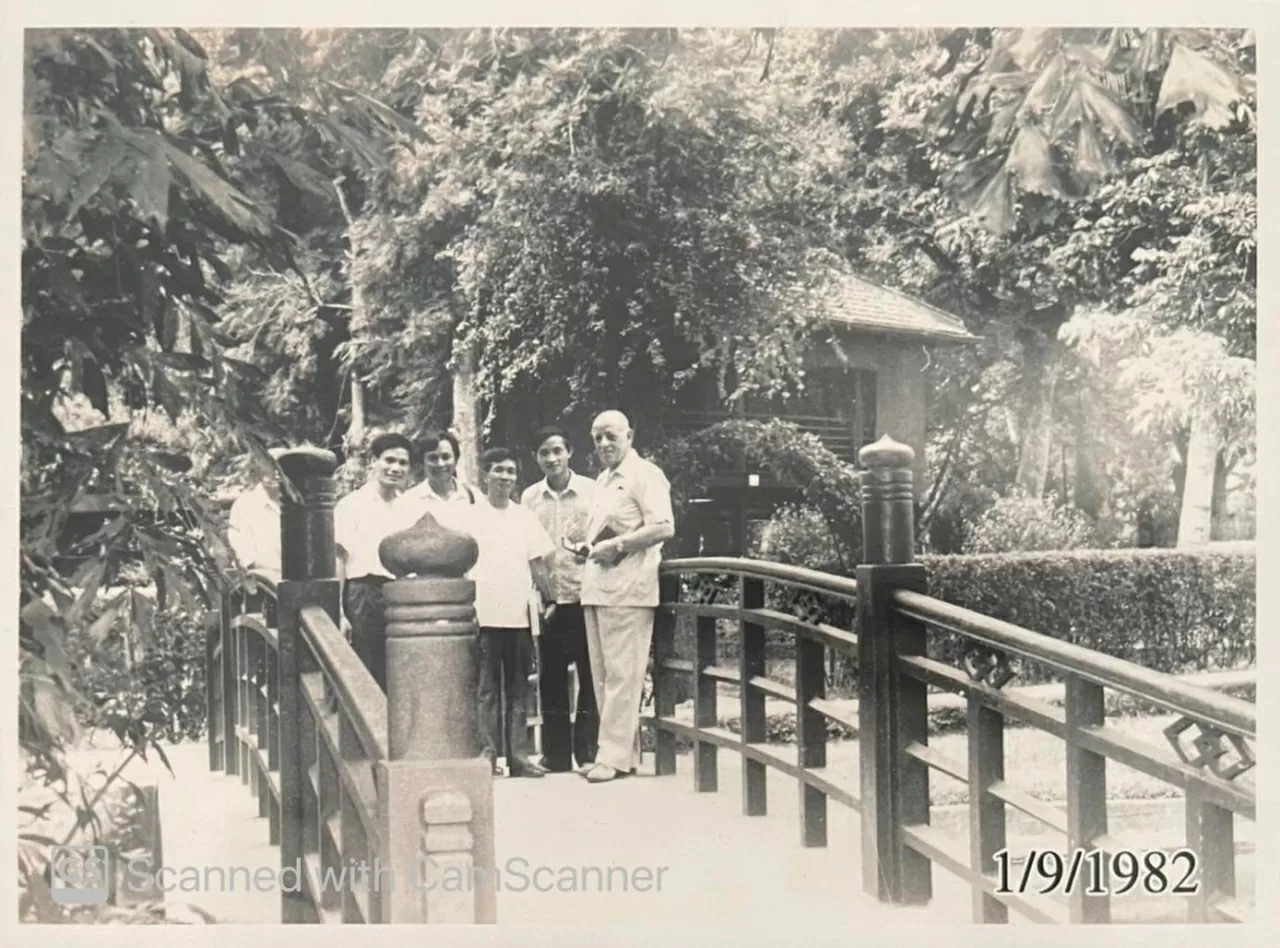 |
| Mr. Archimedes Patti (first from right) visits Uncle Ho's Stilt House, Mr. Ha Huy Thong stands next to him, September 1, 1982. |
As a genius leader and an outstanding diplomat who founded modern Vietnamese diplomacy, President Ho Chi Minh was the first Foreign Minister of the Democratic Republic of Vietnam. This year also marks the 80th anniversary of the establishment of Vietnamese diplomacy (August 28, 1945 - August 28, 2025). What does the Ambassador contemplate about Ho Chi Minh's diplomatic ideology?
Mr. Patti repeatedly emphasized that President Ho Chi Minh was a patriotic, compassionate and extremely great man.
Mr. Patti himself said that he had reported to his superiors many times that Ho Chi Minh was a nationalist, not a “satellite” of any big country as the press sometimes stated. Even though he had been abroad for 30 years, wherever he went, he always thought of his country and its people.
When accompanying Mr. Patti to visit Uncle Ho's Stilt House in the Presidential Palace, he told about Uncle Ho's wishes when he was in America. On the road, Uncle Ho saw trains on the road or boats on the Hudson River flowing through New York City. He then told Mr. Patti and shared that he hoped that Vietnam would soon have such fast trains so that people would suffer less and the economy would develop.
The Ministry of Foreign Affairs is honored and proud to have President Ho Chi Minh as the first Minister of Foreign Affairs, leading the country to overcome countless difficulties right from the first days of its founding, "internal and external enemies", leaving behind many legendary stories, skillful experiences in handling foreign affairs, vividly and concretely demonstrating the ideology of putting national interests above all, an independent, autonomous foreign policy, open, friendly, tolerant, and flexible foreign policy.
I would like to share some real stories from an American who worked directly with Uncle Ho 80 years ago, to vividly demonstrate that President Ho Chi Minh is told through specific foreign affairs activities, but speaks of Uncle Ho's great diplomatic thoughts. Diplomat Ho Chi Minh left behind many valuable lessons that future generations must learn forever and apply creatively according to the motto "with the unchanging, responding to all changes" that he taught.
Thank you very much Ambassador!
Mr. Ha Huy Thong was born and raised in Hanoi, and has held positions in foreign affairs such as Vietnamese Ambassador to the Netherlands (2006-2010), Deputy Chairman of the Foreign Affairs Committee of the National Assembly (2011-2016). In 2011, he was awarded the title of Ambassador by the President. He is currently involved in several organizations for peace, friendship, cooperation and development. |
Source: https://baoquocte.vn/chuyen-cuu-si-quan-tinh-bao-my-di-gap-lai-ban-cu-nguoi-ban-vi-dai-chu-pich-ho-chi-minh-314700.html


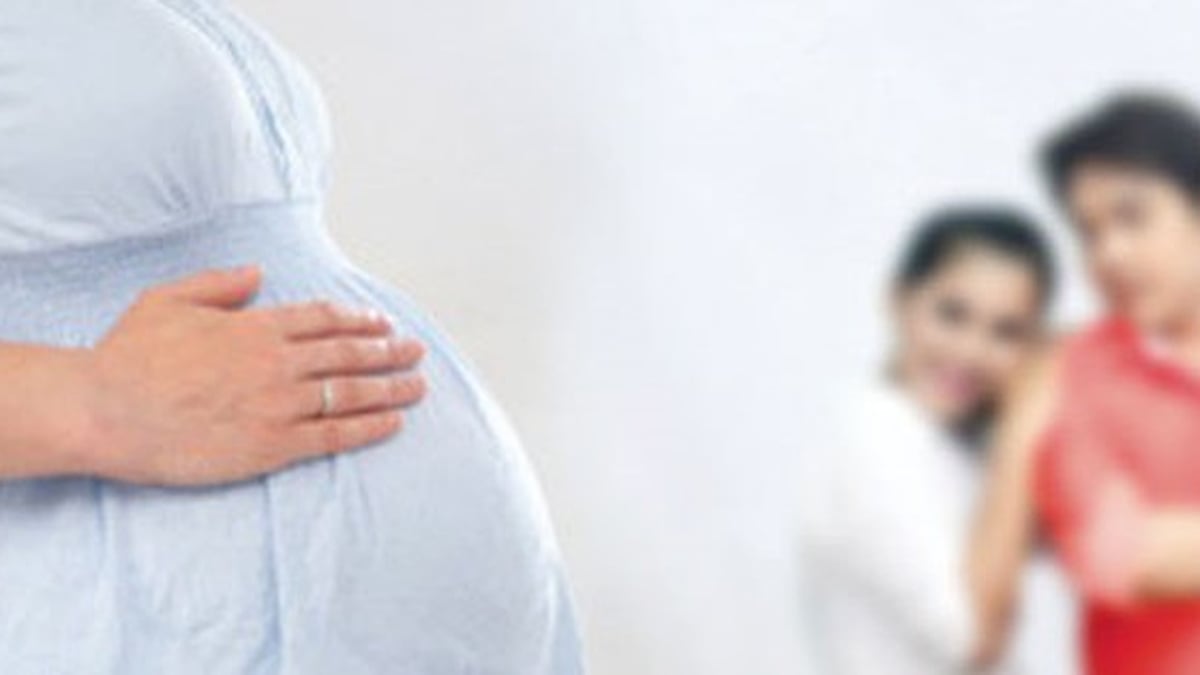


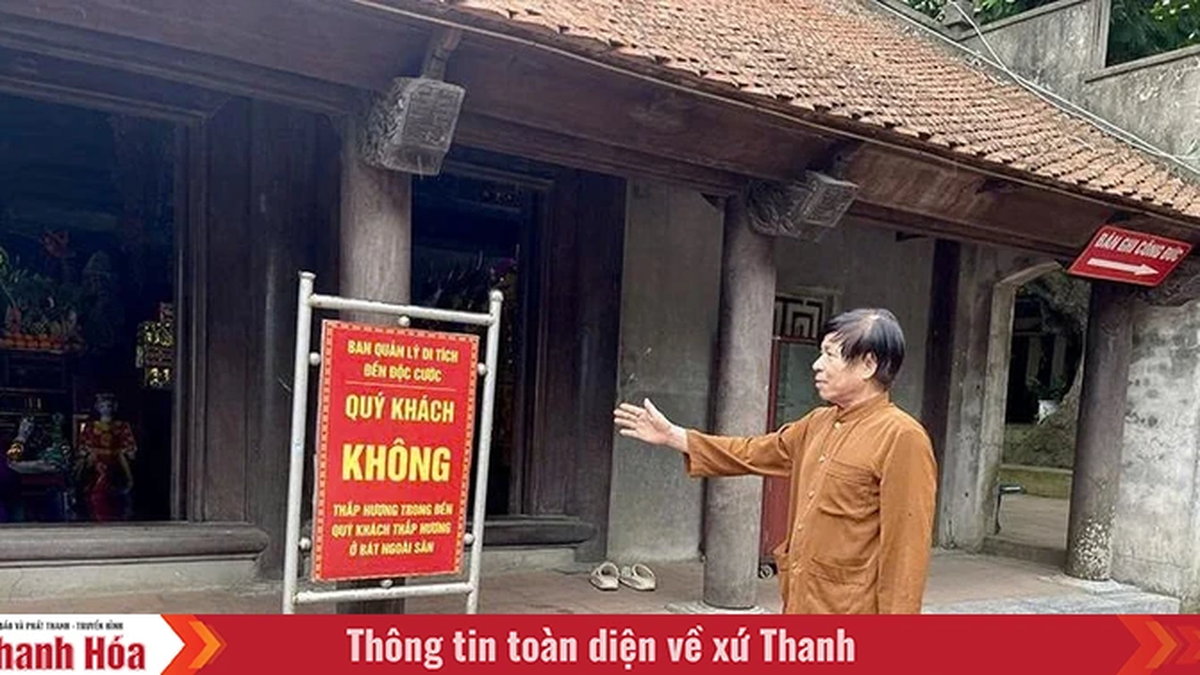




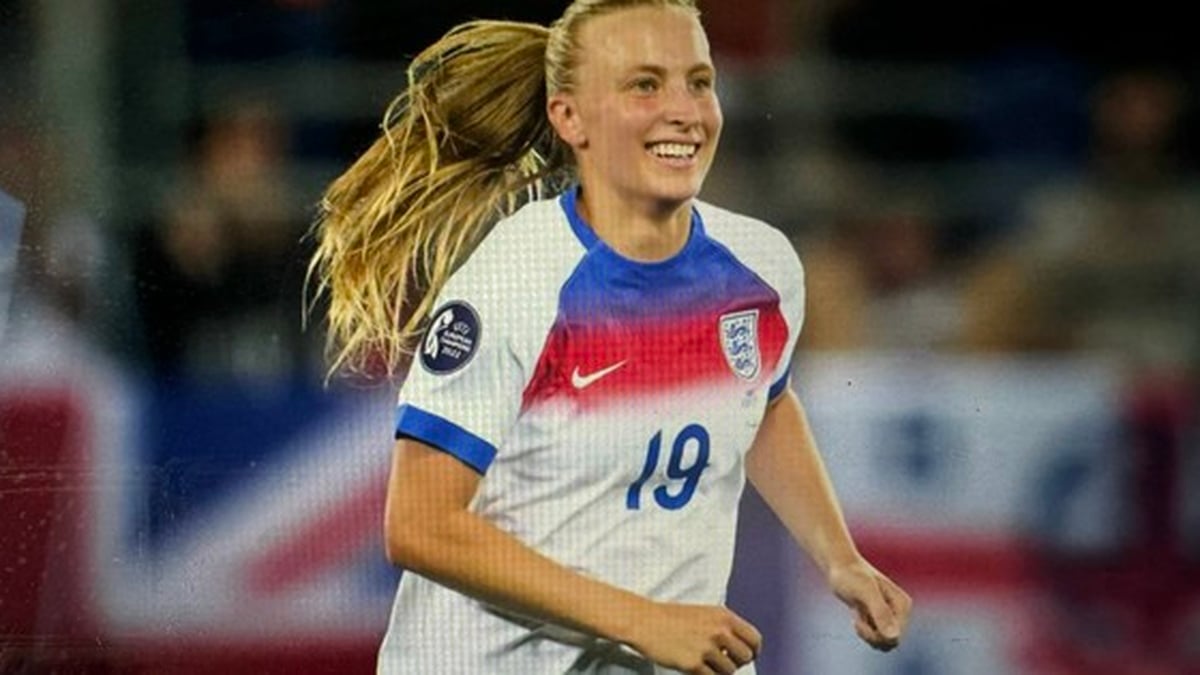









































![[Maritime News] More than 80% of global container shipping capacity is in the hands of MSC and major shipping alliances](https://vphoto.vietnam.vn/thumb/402x226/vietnam/resource/IMAGE/2025/7/16/6b4d586c984b4cbf8c5680352b9eaeb0)













































Comment (0)